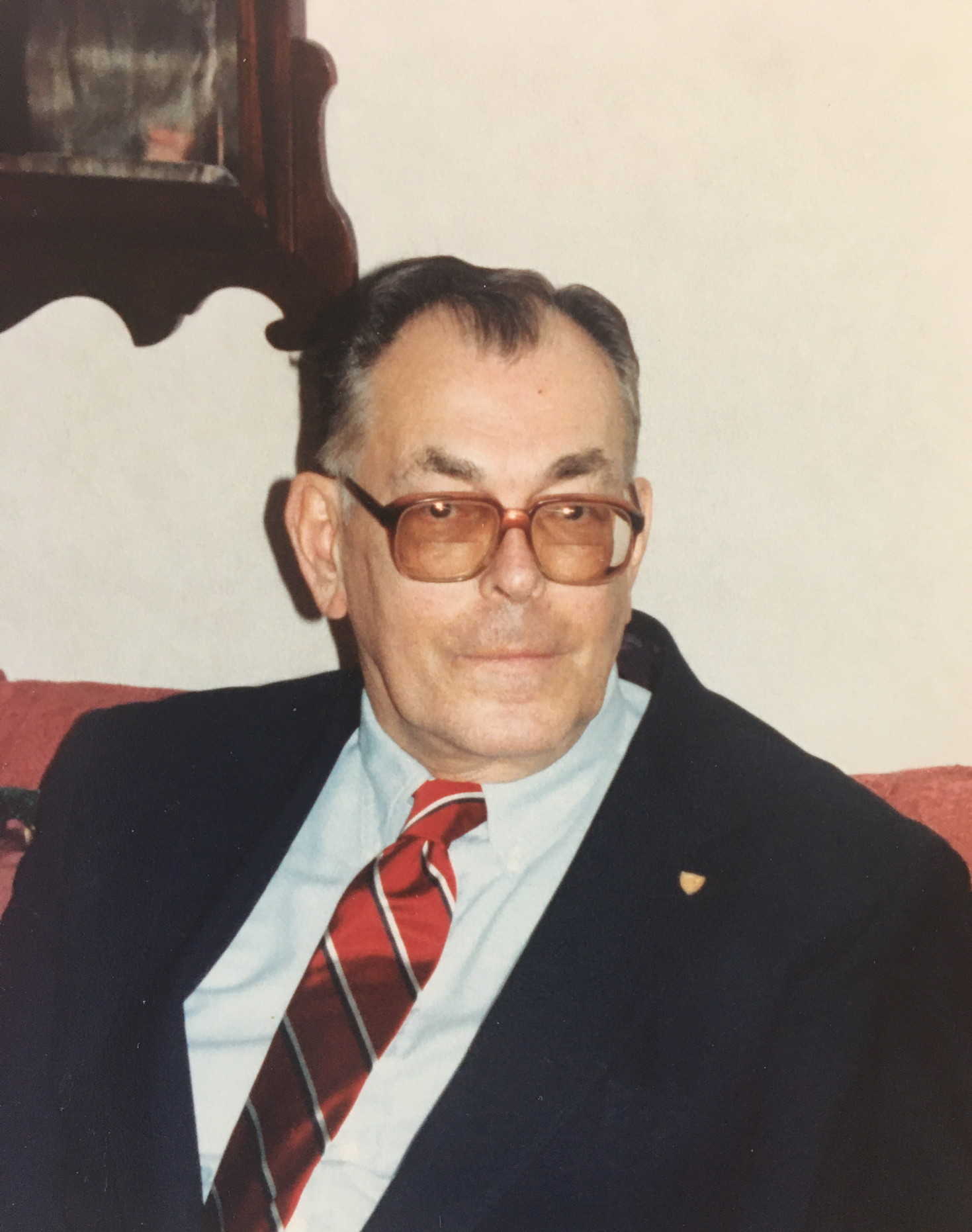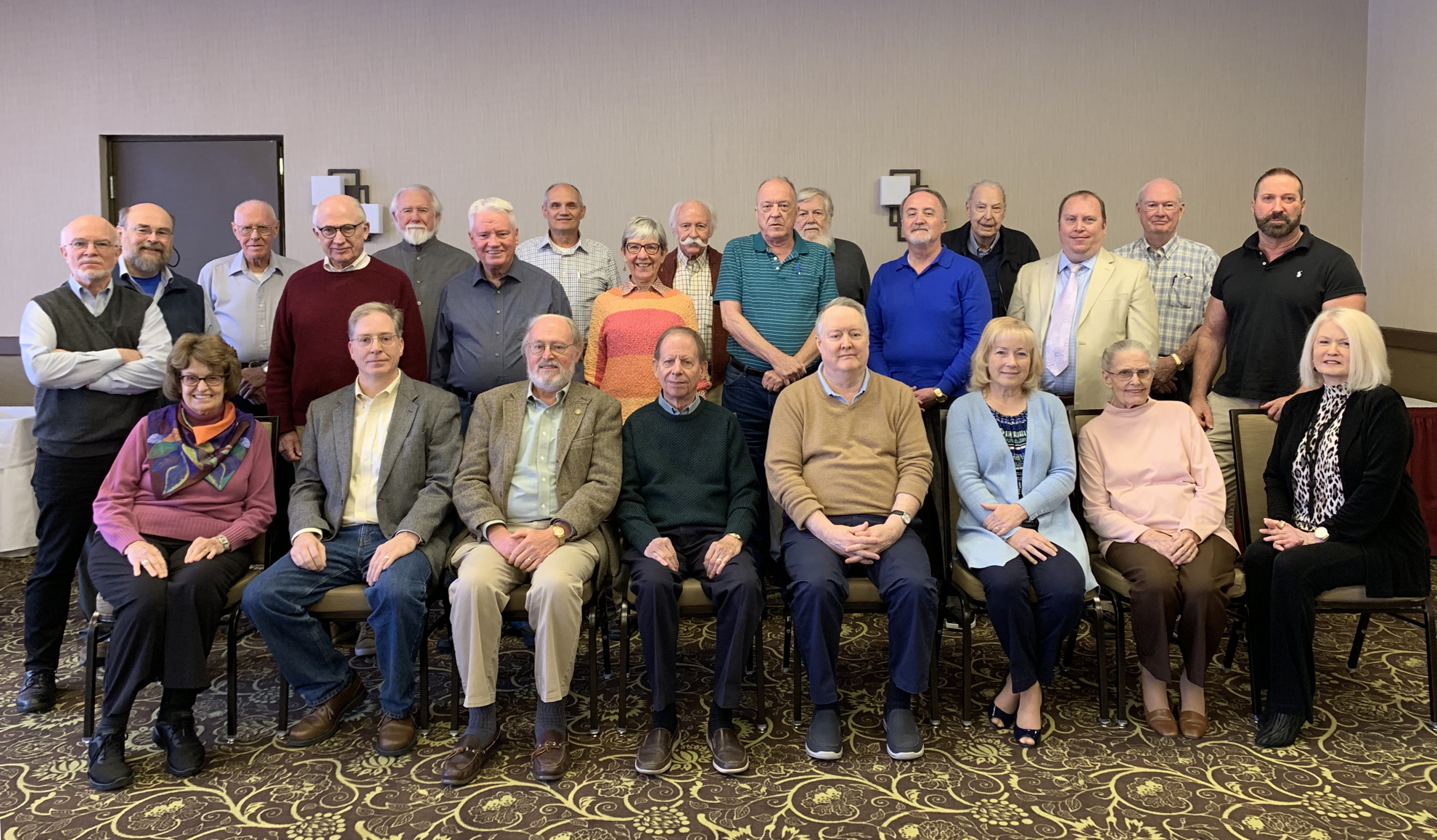A partial listing of recent publications by Fellows:
Joseph C. Anderson II and Glenn D. Nasman, “Betty and Sarah Fellows of Salisbury, Mass.: First and Second Wives of Levi Shaw of Minot, Maine,” The Maine Genealogist 41(2019):14-18.
Robert Charles Anderson contributed text and graphics to Plate 4, Section II (“Boston is Founded, 1630-1640”) to Nancy S. Seasholes, ed., The Atlas of Boston History (Chicago: Univ. of Chicago Press, 2019). This plate can be viewed at: http://www.atlasofbostonhistory.org/pages/4L.php.
John Bradley Arthaud, “Lydia6 (Tinkham) (Tupper) (Baker) Hill[s] and Her Great-Great-Grandson Robert Grimball10 Tupper: A Peter Browne Line,” The Mayflower Quarterly Magazine 85:1(Spring 2019):28-30.
John Bradley Arthaud, “Additions and Corrections: Buttolph-Turner,” TAG 90(2018):315.
John Bradley Arthaud, “Additions and Corrections: Addenda on Billington Descendants,” TAG 90(2018):315-16.
Cherry Fletcher Bamberg, “A Line of Descent from Thomas Prophet of Warwick, R.I.,” Rhode Island Roots 45(2019):48-56.
John Blythe Dobson, Origins: Sensebachs in Germany & Migrations to America, by Steven L. Sinsabaugh [book review], NYGBR 150(2019):77-78.
Michael F. Dwyer, “Reconsidering the Parents of Mary (Tripp) Hall of Poland, Maine,” The Maine Genealogist 41(2019): 87–91.
Michael F. Dwyer, “Mme. Léocadie Trottier of Woonsocket, R.I.,” Rhode Island Roots 45(2019):3-13.
Michael F. Dwyer, John Clarke’s World, by Cherry Fletcher Bamberg FASG and Judith Crandall Harbold [book review], TAG 90(2018):319–20.
Michael F. Dwyer, “Block Island revisited,” Vita Brevis blog, 6 Feb. 2019; “My Genealogical ‘coming of age,’” Vita Brevis blog, March 2019; “Genealogical instincts,” Vita Brevis blog, 6 May 2019, at americanancestors.org.
Patricia Law Hatcher, “English Origin of Leslie Bradfield of Wethersfield and Branford, Connecticut,” NEHGR 173(2019):66-81.
Patricia Law Hatcher, “Corrections, Deletions, and Additions to the Origin of the Greenleaf Family in England,” TAG 90(2018):254-60.
Patricia Law Hatcher, “A Pierce-Ball (Non-) Correction: Reading the Massachusetts Freeman Lists,” TAG 90(2018):280-82.
Ronald A. Hill, “The Descendants of Sampson Rodda and His Wife Ann (Tonkin) Leggo of Madron in Cornwall,” The Genealogist 33(2019):81-117.
Ronald A. Hill, “1861 Plat Maps and the 1860 Federal Census of Hanover Township, Ashland County, Ohio: A Comparison,” NGSQ 107(2019):55-80.
Helen Hinchliff, “Emma Eudora (née Small) Davis (1844-1873): Discovering an Orphan’s Parents,” Maryland Genealogical Society Journal 60(2019):37-55.
Henry B. Hoff, “Focus on New York: A Colonial New York Probate Miscellany,” American Ancestors 19:4(Winter 2019):56-59.
Henry B. Hoff, An American Family: Four Centuries of Labor, Love and Reward, A Story of the Davis Family, by Jenifer Kahn Bakkala [book review], NEHGR 173(2019):92.
Henry B. Hoff, The Royal Descents of 900 Immigrants to the American Colonies, Quebec, or the United States Who Were Themselves Notable or Left Descendants Notable in American History, by Gary Boyd Roberts [book review], NEHGR 173(2019):93.
Henry B. Hoff, The South Precinct of Dutchess County, New York, 1740-1790, by Pamela Ricciardi Paschke [book review], NEHGR 173(2019):94.
Henry B. Hoff, A Guide to Massachusetts Cemeteries, 3rd edition, by David Allen Lambert [book review], NEHGR 173(2019):191.
Thomas W. Jones contributed Chapter 11, “Writing about, Documenting, and Publishing DNA Test Results” to Debbie Parker Wayne, ed., Advanced Genetic Genealogy: Techniques and Case Studies (Cushing, Texas: Wayne Research, 2019 [ISBN 978-1-7336949-0-2]).
Leslie Mahler, “The Will of Isabel (Dennis) (Berkeley) Porter: Ancestor of the Deighton Sisters of Massachusetts,” TAG 90(2018):261-62.
Leslie Mahler and John C. Brandon, “Additions and Corrections: Joan (Barton) Smith of Narragansett, R.I.,” TAG 90(2018):314-15.
Leslie Mahler and Clifford Stott, “Additions and Corrections: Tilson and Hills of Kent and Plymouth Colony,” TAG 90(2018):316.
†Nils William Olsson, “The Coat of Arms – A Symbol of the Family: A short introduction to Swedish heraldry,” Swedish American Genealogist 38:4(December 2018):18-20.
Paul C. Reed, Nathaniel Lane Taylor, and Terry J. Booth, “The English Ancestry of William1 Wentworth of New Hampshire: Male-Line Ancestry for Five Generations,” TAG 90(2018):263-79 [concluded].
Gordon L. Remington, “Presenting These Pages As They Are” [filler], TAG 90(2018):262.
William B. Saxbe Jr., “Bound for Glory: African-American Volunteers from New York in the Massachusetts 54th and 55th Regiments, 1863-1865,” New York Researcher 30:1(Spring 2019):9, with a forthcoming link to an online database.
William B. Saxbe Jr., “A Troublesome Cause of Death” [filler], NGSQ 107(2019):30.
William B. Saxbe Jr., John Clarke’s World, by Cherry Fletcher Bamberg and Judith Crandall Harbold [book review], NEHGR 173(2019):95-96.
William B. Saxbe Jr., Puritan Pedigrees: The Deep Roots of the Great Migration to New England, by Robert Charles Anderson [book review], NEHGR 173(2019):191-92.
Kip Sperry, “William Weissenbach and Anna Knost of Germany, Ohio, and Missouri,” Ohio Genealogical Society Quarterly 58:4(2018):351–75.
Clifford L. Stott, “In Search of ‘Mr.’ Overton: The Ancestry of Rev. Valentine Overton and His Connections to New England Immigrants Rev. Peter Bulkeley, Elizabeth (St. John) Whiting, Martha (Bulkeley) Mellowes, Olive (Welby) Farwell, Rev. Thomas James, Daniel Clark, Rev. Josias Clark, Isabel (Overton) Huit, Elizabeth (Bulkeley) (Whittingham) Haugh, William Quarles, and Joanna (Quarles) Smith,” NEHGR 173(2019):82-91 [part three; concluded].
Clifford L. Stott, “The Plumb and Symonds Families of Great Yeldham, Essex: Additions and Corrections,” TAG 90(2018):241-52.
Nathaniel Lane Taylor, “James1 Lane of North Yarmouth, Maine, and His Daughter, Ann2 (Lane) (Bray) Shed of Billerica, Massachusetts,” NEHGR 173(2019):122-32.
Nathaniel Lane Taylor, Puritan Pedigrees: The Deep Roots of the Great Migration to New England, by Robert Charles Anderson [book review], TAG 90(2018):318-19.
Nathaniel Lane Taylor, The Armorial of Sir David Lyndsay of the Mount with a Photographic Facsimile, by Alex Maxwell Findlater [book review amendment], TAG 90(2018):320.
Nathaniel Lane Taylor, Mind’s Eye: How One Ancient Latin Invented Our Way to Visualize Stories, by Jean-Baptiste Piggin [book review], TAG 90(2018):320.
Helen Schatvet Ullmann, “Samuel Weller of Woodbury, Litchfield County, Connecticut, in the 1790 U.S. Census,” The Connecticut Nutmegger 51(2018):141-51.
Helen Schatvet Ullmann, “David Holmes of Milton, Massachusetts,” NEHGR 173(2019):133-35.
Helen Schatvet Ullmann, Lost Lives, New Voices: Unlocking the Stories of the Scottish Soldiers from the Battle of Dunbar 1650, by Christopher Gerrard, Pam Graves, Andrew Millard, Richard Annis, and Anwen Caffell [book review], MASSOG 43:1(2018-2019):36.
Helen Schatvet Ullmann, Vital Records of Canton, Maine, by Gregory S. Childs, and Vital Records of Durham, Maine, by Carol Prescott McCoy [book review], NEHGR 173(2019):94.
Helen Schatvet Ullmann, NGS Research in the States Series: Massachusetts, by David Allen Lambert [book review], NEHGR 173(2019):192.
Eugene Cole Zubrinsky, “Captain William1 Terrett of Stonington, Connecticut, and Some of His Descendants,” NEHGR 173(2019):136–46 [part 1 of 2].


